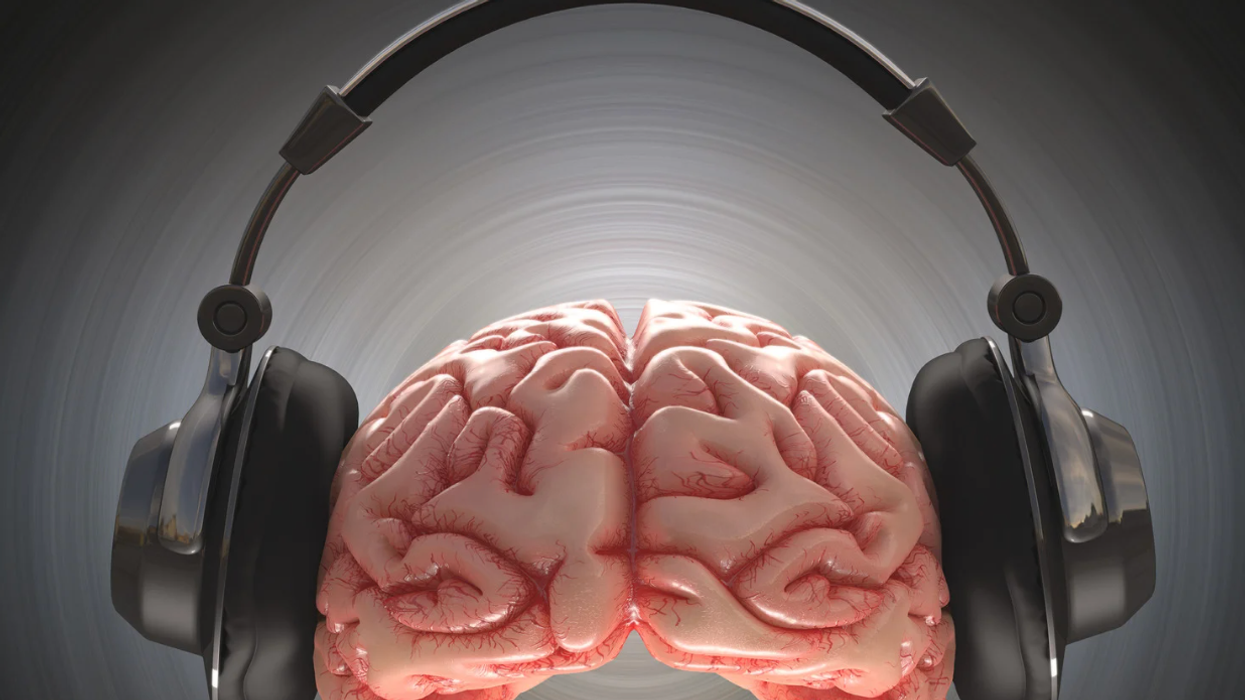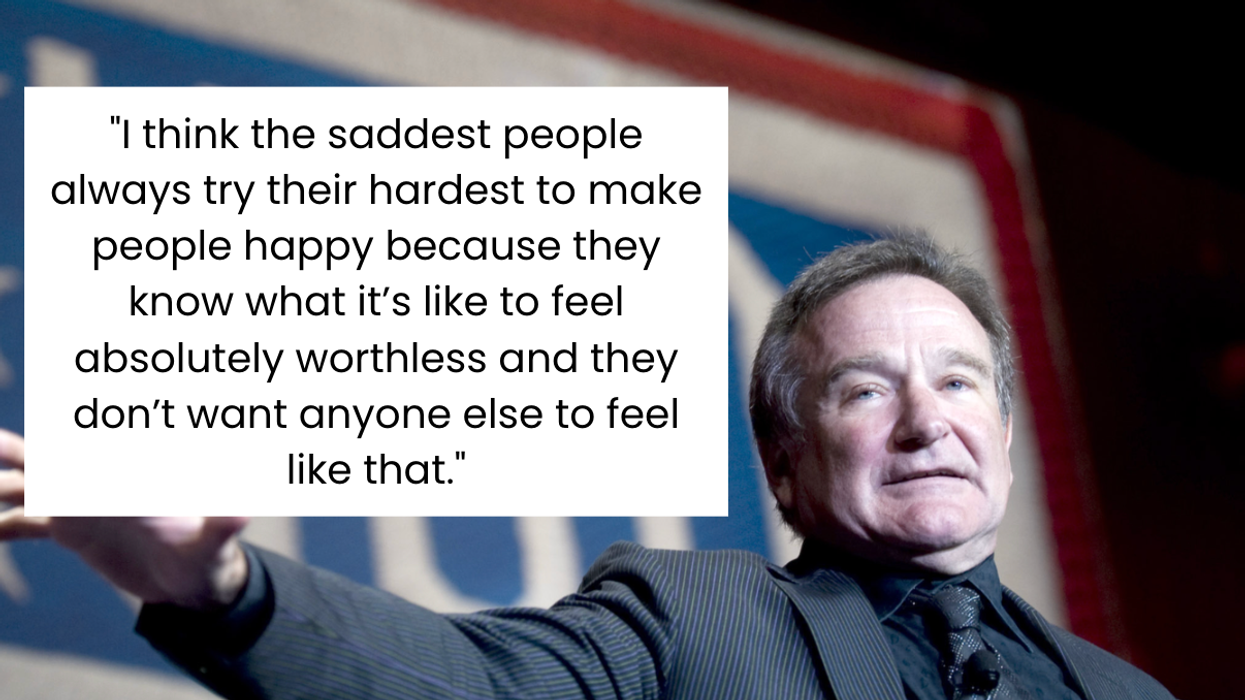The United States is woefully behind the rest of the industrialized world when it comes to early childhood education (ECE). A 2016 study found that out of 36 countries, the U.S. ranked 29th in enrollment rates for its 3-year-olds and 4-year-olds. In 2014, only 42% of 3-year-olds and 68% of 4-year-olds were enrolled in ECE or preschool programs in the U.S. In comparison, France, Belgium, Israel, Spain, Norway, Germany, Sweden, and Italy all have enrollment rates of 90% and above for both age groups.
According to a new meta-analysis by the American Educational Research Association, low ECE enrollment does students and school boards a major disservice. The organization’s study found that students who were enrolled in ECE programs showed increased high school graduation rates, reduced special education placement, and reduced instances of grade retention.
Researchers reviewed 22 studies published between 1960 and 2016 that tracked students enrolled in ECE programs. Participation in high-quality ECE programs reduced future special education placement by 8.1%, decreased grade retention by 8.3%, and increased high school graduation rates by 11.4%. “Early childhood education programs on balance seem to be effective for these important school outcomes,” said Greg Duncan, professor of education at the University of California. “These differences are big enough to translate into real dollars being saved for K-12 schooling.”
The study also shows the economic benefits of ECE programs. According to the American Educational Research Association, when students are held back in school, it costs districts an additional $8,000 to $12,000 per student. Dropping out of high school costs students and society a serious amount of money as well. It’s estimated to cause a $689,000 reduction in lifetime earnings and adds a $262,000 cost to the broader economy as well.
“It is exciting that our results show that the benefits of early childhood education are sustained through elementary school and beyond,” Dana McCoy, a study co-author, said. “These results provide further evidence for the potential individual and societal benefits of expanding early childhood education programming in the United States.” Studies like these provide solid evidence of the benefits of ECE and can help to further the expansion of programs designed to increase enrollment.


















 Gif from Schitt's Creek via
Gif from Schitt's Creek via 


 Robin Williams performs for military men and women as part of a United Service Organization (USO) show on board Camp Phoenix in December 2007
Robin Williams performs for military men and women as part of a United Service Organization (USO) show on board Camp Phoenix in December 2007 Gif of Robin Williams via
Gif of Robin Williams via 
 People on a beautiful hike.Photo credit:
People on a beautiful hike.Photo credit:  A healthy senior couple.Photo credit:
A healthy senior couple.Photo credit:  A diverse group of friends together.Photo credit:
A diverse group of friends together.Photo credit:  A doctor connects with a young boy.
A doctor connects with a young boy.  Self talk in front of the mirror.Photo credit:
Self talk in front of the mirror.Photo credit:  Lightbulb of ideas.Photo credit
Lightbulb of ideas.Photo credit 

 Superstructure of the Kola Superdeep Borehole, 2007
Superstructure of the Kola Superdeep Borehole, 2007